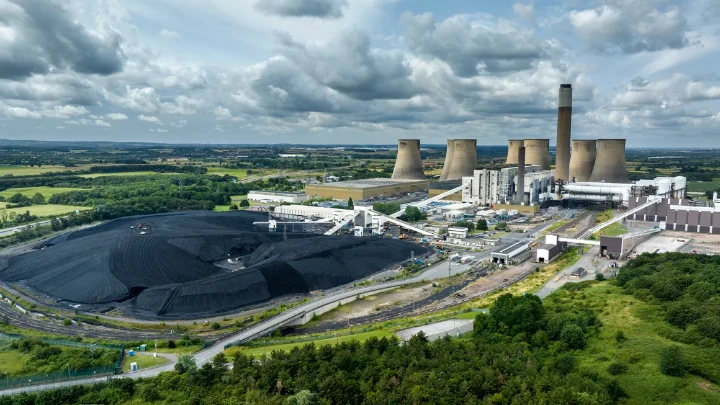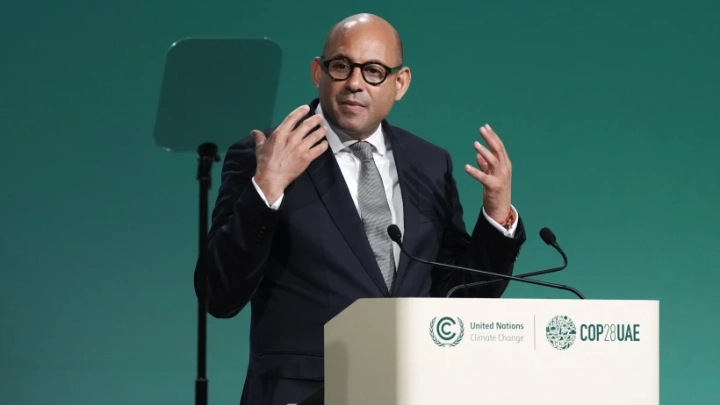UK becomes the first major economy to stop burning coal for electricity, closing its last power plant
CNN || Shining BD
Britain’s last coal-fired power plant will close on Monday, ending 142 years of coal-generated electricity in the nation that sparked the Industrial Revolution.
The Ratcliffe-on-Soar station in central England is to finish its final shift at midnight, after more than half a century of turning coal into power. Owner Uniper says many of the 170 remaining employees will stay on during a two-year decommissioning process.
The UK government hailed the closure as a milestone in efforts to generate all of Britain’s energy from renewable sources by 2030. The shutdown makes Britain the first country from the Group of Seven major economies to phase out coal — though some other European nations, including Sweden and Belgium, got there sooner.
Energy Minister Michael Shanks said the plant’s closure “marks the end of an era and coal workers can be rightly proud of their work powering our country for over 140 years. We owe generations a debt of gratitude as a country.”

“The era of coal might be ending, but a new age of good energy jobs for our country is just beginning,” he said.
The world’s first coal-fired electricity plant, Thomas Edison’s Edison Electric Light Station, opened in London in 1882.
Ratcliffe-on-Soar, which opened in 1968, is a landmark whose eight concrete cooling towers and 199-meter (650-foot) chimney are seen by millions of people a year as they drive past on the M1 highway or speed by on trains.
In 1990 coal provided about 80% of Britain’s electricity. By 2012 it had fallen to 39%, and by 2023 it stood at just 1%, according to figures from the National Grid. More than half of Britain’s electricity now comes from renewable sources such as wind and solar power, and the rest from natural gas and nuclear energy.

“Ten years ago, coal was the leading source of this country’s power — generating a third of our electricity,” said Dhara Vyas, deputy chief executive of trade body Energy U.K.
“So, to get to this point just a decade later, with coal’s contribution replaced by clean and low carbon sources, is an incredible achievement,” Vyas said. “As we aim for further ambitious targets in the energy transition, it’s worth remembering that few back then thought such a change at such a pace was possible.”
Shining BD
























